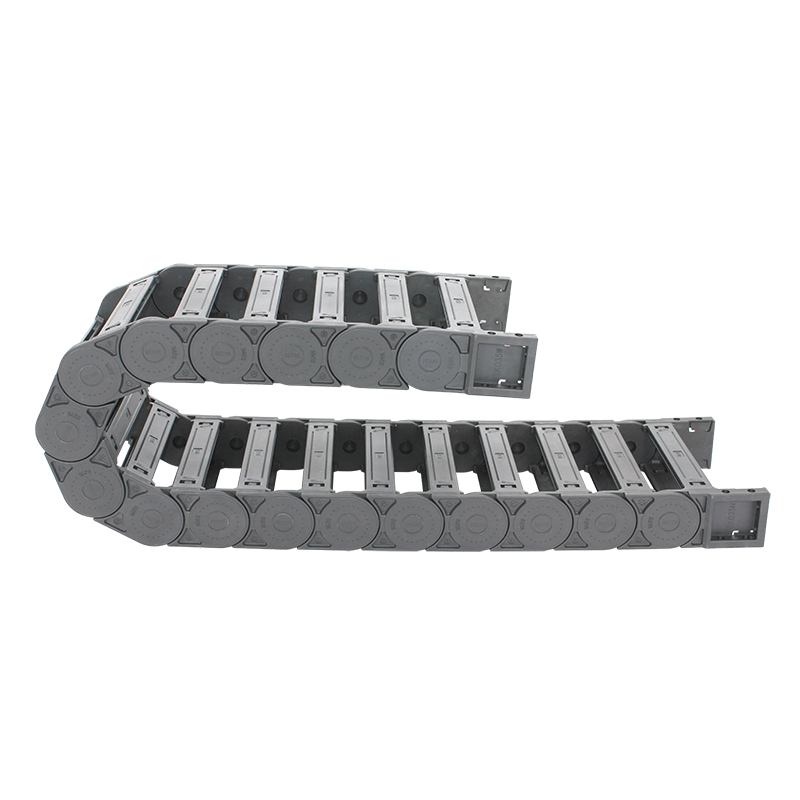lathe bellow cover
Understanding Lathe Bellow Covers Importance and Applications
Lathe bellow covers, also known simply as bellows, play a crucial role in machinery operation, particularly in lathe machines. These protective coverings are designed to shield the moving parts of the equipment, ensuring their smooth functionality and prolonging their lifespan. In this article, we will explore the significance, types, and applications of lathe bellow covers.
Importance of Lathe Bellow Covers
The primary function of lathe bellow covers is to protect the sensitive components of a lathe machine from dust, debris, coolant, and other contaminants that could potentially interfere with operation. The environment in which lathes operate can often be harsh, with metal filings, chips, and fluids posing serious threats to the machine's precision. A successful lathe operation hinges on the precision of its moving parts, making bellow covers essential for maintaining accuracy.
Moreover, bellow covers provide a buffer against physical damage. The machinery can be subjected to various forces and impacts during operation, which can lead to wear and tear over time. Bellows act as a shield, preventing direct contact between the moving parts and potential hazards, ultimately reducing the likelihood of costly repairs or replacements.
Types of Lathe Bellow Covers
Lathe bellow covers come in different materials, shapes, and designs, catering to various operational needs. The most common materials used for manufacturing bellows include rubber, fabric, and metal. Each of these materials offers distinct advantages based on the specific requirements of the lathe machine.
1. Rubber Bellows These are often used due to their excellent flexibility and ability to withstand a range of temperatures. Rubber bellows can easily accommodate the movements of the lathe, making them ideal for dynamic applications.
lathe bellow cover

2. Fabric Bellows Typically reinforced with materials like polyester, fabric bellows are lightweight and easy to install. They are particularly effective in environments where there are high levels of dust and debris.
3. Metal Bellows Although less common, metal bellows are used in high-stress applications. Their durability and strength make them suitable for heavy-duty lathes that operate under extreme conditions.
Applications of Lathe Bellow Covers
Lathe bellow covers are widely used across various industries, including automotive, aerospace, and manufacturing. In automotive machining, for instance, bellows protect drive shafts and other components from contaminants, ensuring that precision machining processes are not compromised.
In the manufacturing industry, where CNC lathes are prevalent, bellow covers serve as a safeguard against metal shavings and coolant spills. This not only protects the machinery but also enhances safety for operators by reducing the risk of slip hazards.
Conclusion
In summary, lathe bellow covers are indispensable components that contribute significantly to the effective operation of lathe machines. Their protective capabilities against debris and physical damage, coupled with their versatility in materials and designs, make them essential for ensuring longevity and precision in machining processes. As industries continue to evolve, the importance of bellow covers will undoubtedly persist, highlighting their role in the maintenance of efficient and safe machinery operations.








